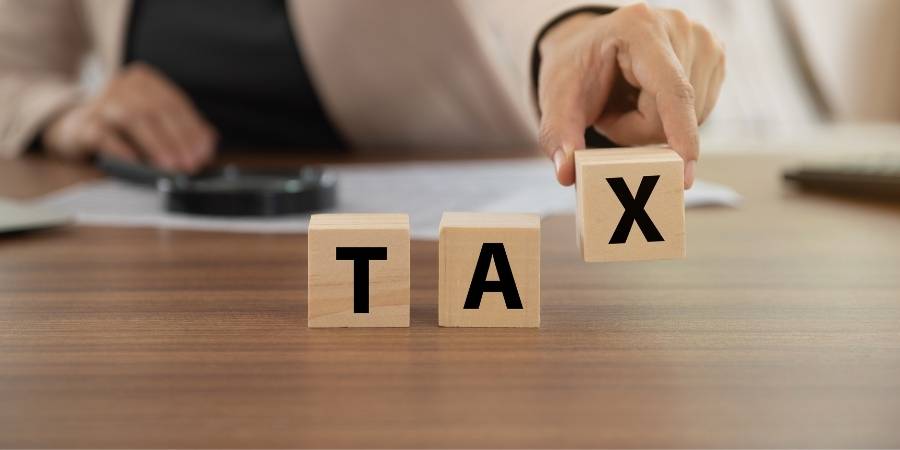Tuesday, October 4th, 2022...4:06 pm
Why Bankruptcy is a Good Thing?
Bankruptcy is a way to get rid of your debt and start fresh. So, why not take advantage? When you file for bankruptcy, you’re in a unique situation where all your debts can be eliminated. Depending on the category of bankruptcy you file, many of these debts may be completely wiped out. This means starting fresh and rebuilding from scratch with zero debt is possible. Bankruptcy can help you recover and get your financial life back in order. As long as you have made an honest effort at paying down your debt beforehand, filing for bankruptcy will help to remove any remaining obstacles standing between yourself and success.
Debts will be Wiped Out
Your credit score will be erased, and you can start fresh with a clean slate. You’ll no longer have to worry about creditor harassment or foreclosure on your house or car. Certain debts that aren’t dischargeable through bankruptcy, such as tax debt, can usually be negotiated after the bankruptcy case is closed. This makes settling these types of debts easier and cheaper without having to go back through the entire process again.

No more Creditor Harassment
No more creditor harassment. Bankruptcy is an excellent way to stop creditors from harassing you. After your bankruptcy case is over, your creditors are not allowed to contact you except under particular circumstances. They can’t call you at work or even call your place of employment and ask for information about you (unless they have a court order). The same is true if they want to contact your family members; they must get permission from the court first. It’s also illegal for them to show up at your home or workplace uninvited without first obtaining permission from the court.
It Saves your House or Car
If you’re facing foreclosure, bankruptcy can help. If you file for bankruptcy, have a mortgage on your home or car, and are behind on payments, then bankruptcy can stop foreclosure. You can also keep possession of your home in Chapter 13 bankruptcy if the property’s value does not exceed a certain amount for homes purchased before a set date. However, if your lender offers to accept less than what they are owed by selling off the remainder as part of a short sale or deed-in-lieu of foreclosure agreement with you—and that offer is accepted—then they will be paid back in full before any lienholders (creditors) receive anything from the sale proceeds.

Get Rid of Tax Debt
Tax debt is the one kind of debt that cannot be erased through bankruptcy. You can’t even discharge it, which means you’d still owe money on it even after your bankruptcy case is over. But there are ways to avoid tax debt without filing for Chapter 7 or 13 bankruptcy.
One option is paying your taxes in installments, which can be helpful if you cannot pay off all your tax debts at once and want to avoid having a judgment against you for failure to pay them. If that’s the case, negotiate with the IRS or file an Offer In Compromise (OIC) as soon as possible, so they don’t sue you later on. Another option is applying for an income-driven repayment plan; these plans cap monthly payments based on income level and total debt amount.
Stop Foreclosure
A bankruptcy filing can be the best way to avoid foreclosure on your home if you are behind on mortgage payments. When you file for Chapter 7 bankruptcy, the court will issue an order stopping all foreclosure sales and auctions of your property. This type of bankruptcy also allows consumers to renegotiate the terms of their mortgages, including adjusting monthly payments or refinancing at lower interest rates. As long as there is equity in the home (the amount owed is less than 50% more than its fair market value), it may be possible to keep it through an out-of-court sale or even by purchasing back from the lender yourself if you have enough funds available after liquidating other assets such as cars, jewelry, and other valuables.
Bankruptcy is not a bad thing, and it’s just misunderstood. It is a great way to wipe out old debts and start a new one. If you have too much obligation, bankruptcy is an excellent way to eliminate it. Your creditors will no longer be able to call or harass you about your debt after completing the bankruptcy process. Bankruptcy is also known as a “fresh start.” Bankruptcy allows people to get out of overwhelming debt that they cannot repay without having their assets seized by creditors who would like nothing more than for them not only to pay up but also suffer some punishment in the process. By filing Chapter 7 or Chapter 13 Bankruptcy, one can regain control over their finances and escape ruinous levels of debt to rebuild their life.